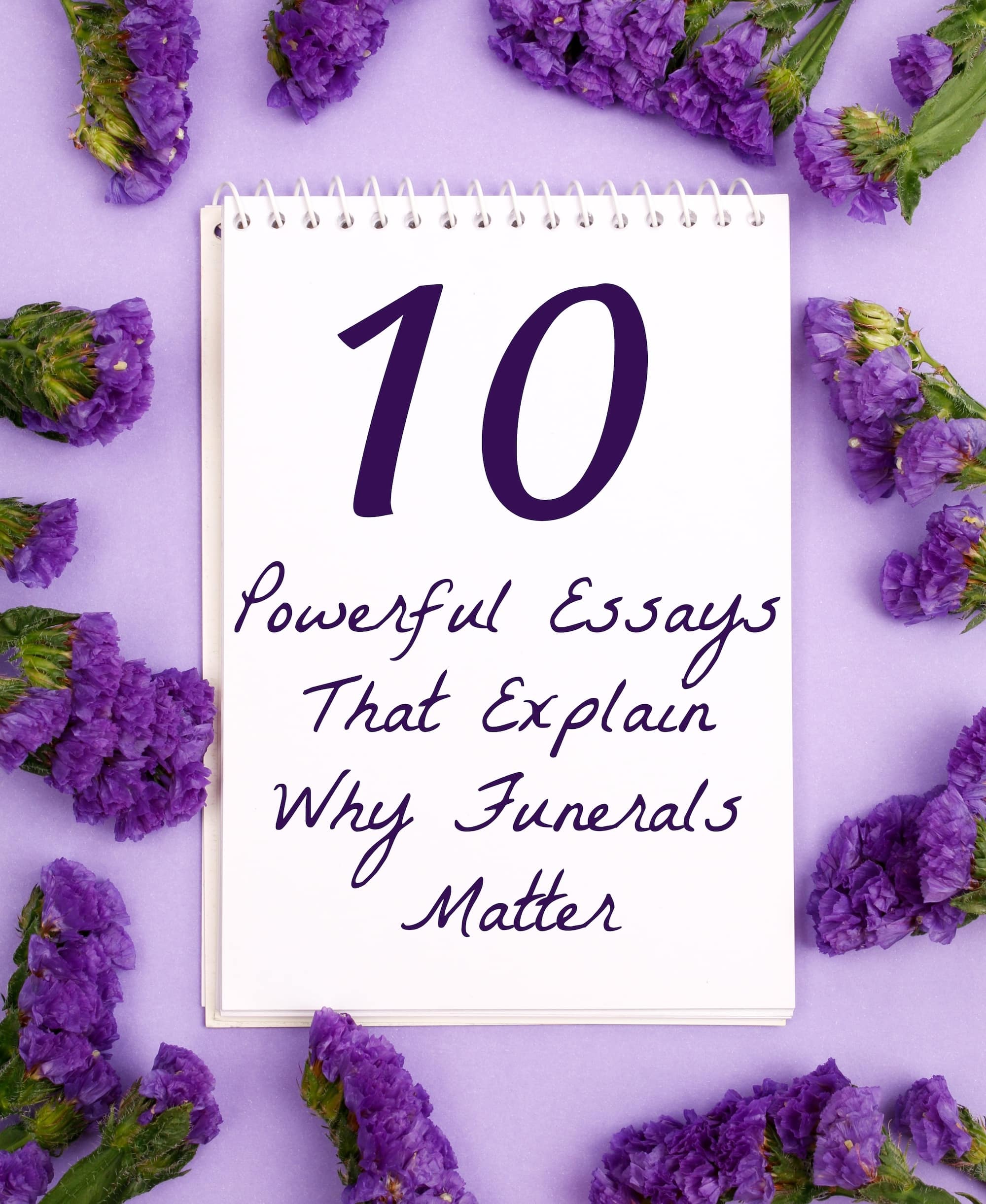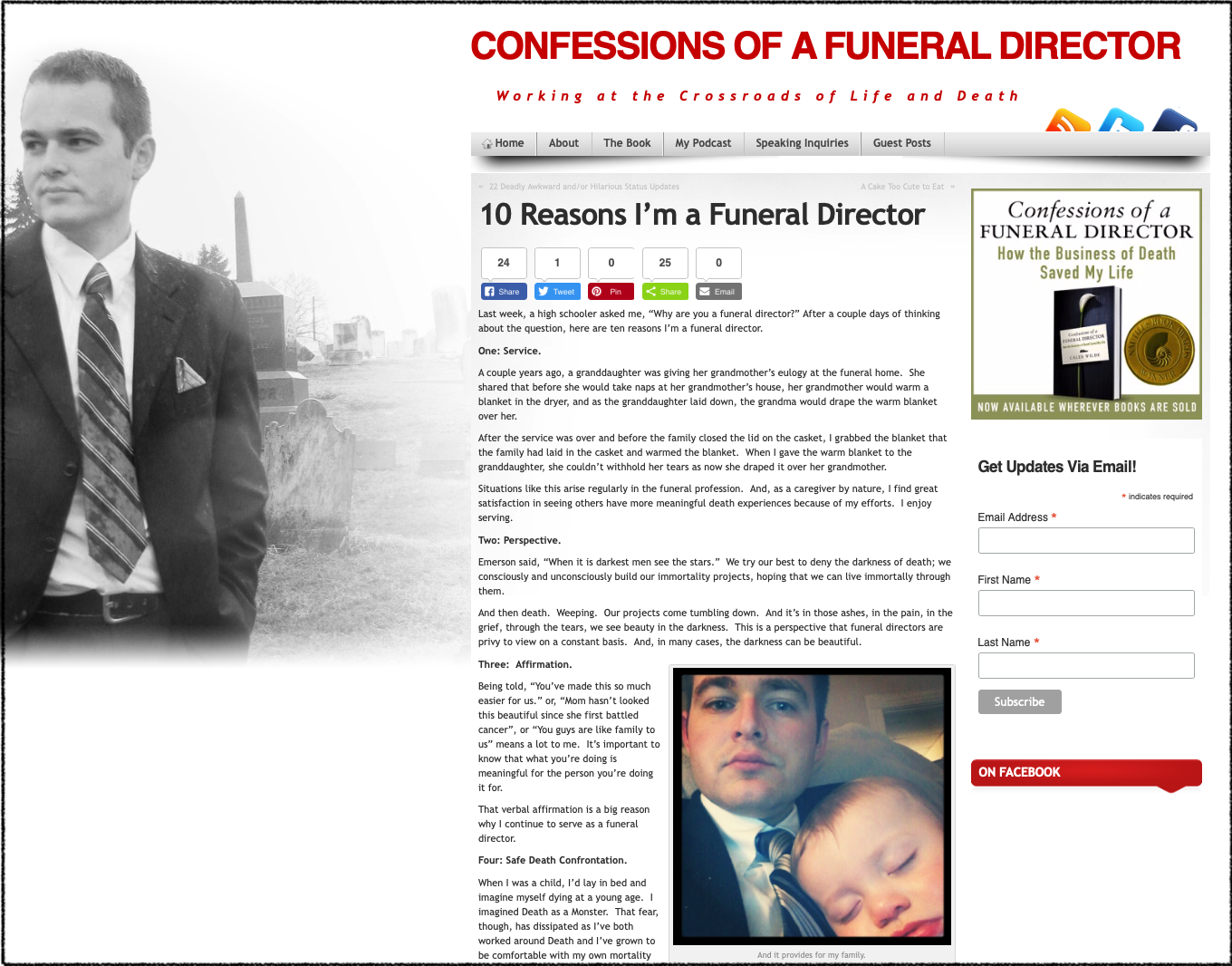Feb 09, 2022
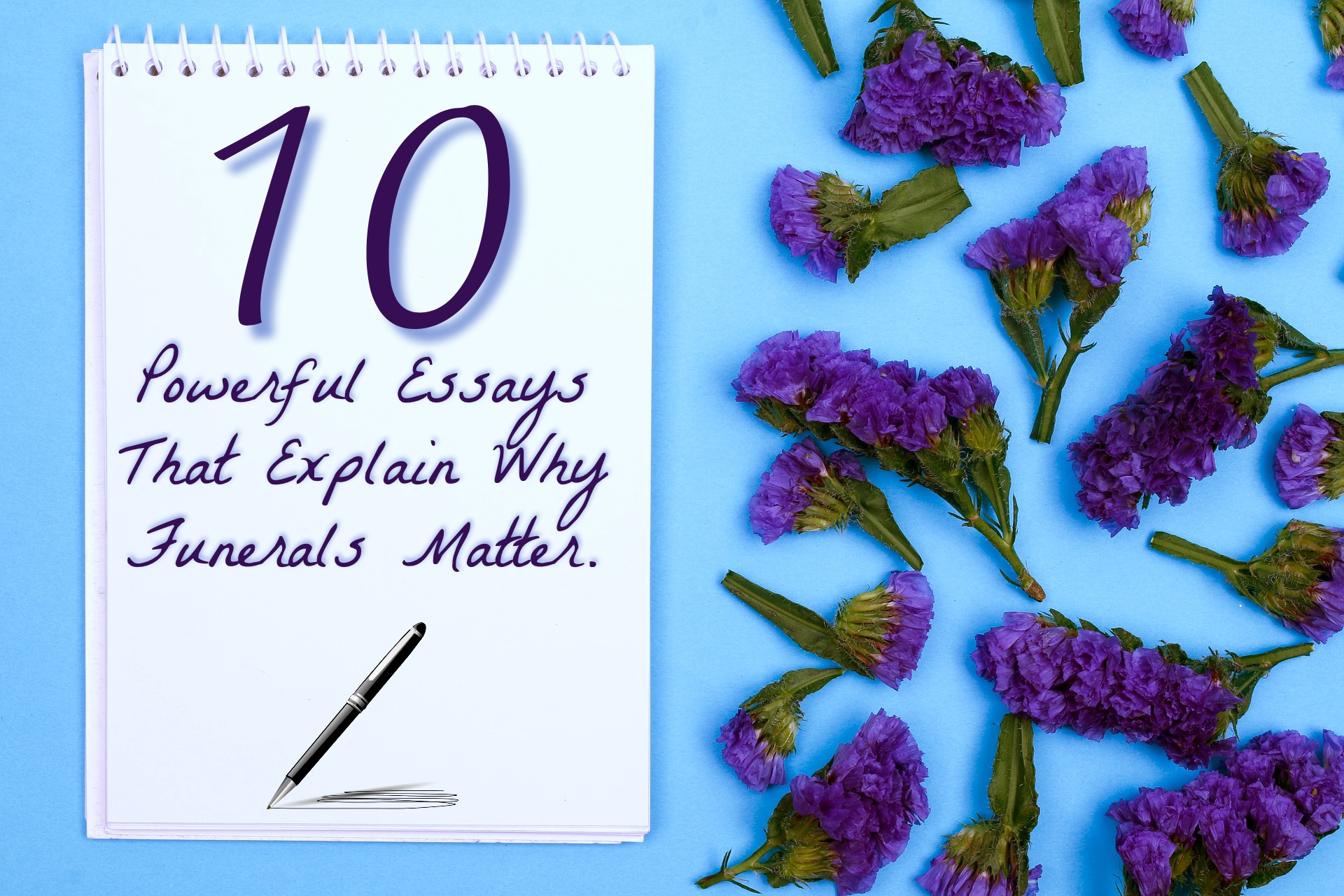
I have a confession to make. I don’t enjoy listening to podcasts, Ted Talks or video blogs. I realize this makes me an anomaly, at least as far as millennials go. It’s not that I haven’t tried, I do have a healthy respect for the medium. Anything that helps people to express their viewpoints is a good thing in my book. It is just not my preferred way of digesting information.
For me, there is something about reading written words that cannot be replaced. I have an unusual appreciation for a good piece of writing and often feel ebulliated when I read something that expresses an idea in a new or interesting way. Although I like to think of myself as unique in this respect, I know I am certainly not the only one who appreciates a well-written essay or story. So, this blog is for the readers. The ones who skip over the videos to get to the text. The ones who will re-read a sentence over and over just because they recognize how extraordinary the words are when put together.

Over the past 10+ years of creating and sharing content for the funeral profession, I have stumbled upon several pieces of profound writing that have embedded themselves in my memory. These essays illuminate how time-honored funeral traditions are foundational to our society’s DNA and why those tasked with this sacred duty are essential to all of humanity. They are worth reading and sharing over and over again because never before have these ideas been more endangered. The crucial work of deathcare professionals is often overshadowed by articles that subtly or not-so-subtly imply that funeral services are a waste of time and money. With an increasing number of people opting for direct cremation without holding services, never has it been more important to shed light on why funerals matter.
10 Powerful Essays that Illuminate the Value of the Funeral Services
1. To the Very Last Person to Ever Touch My Daughter by Bridget McCarthy
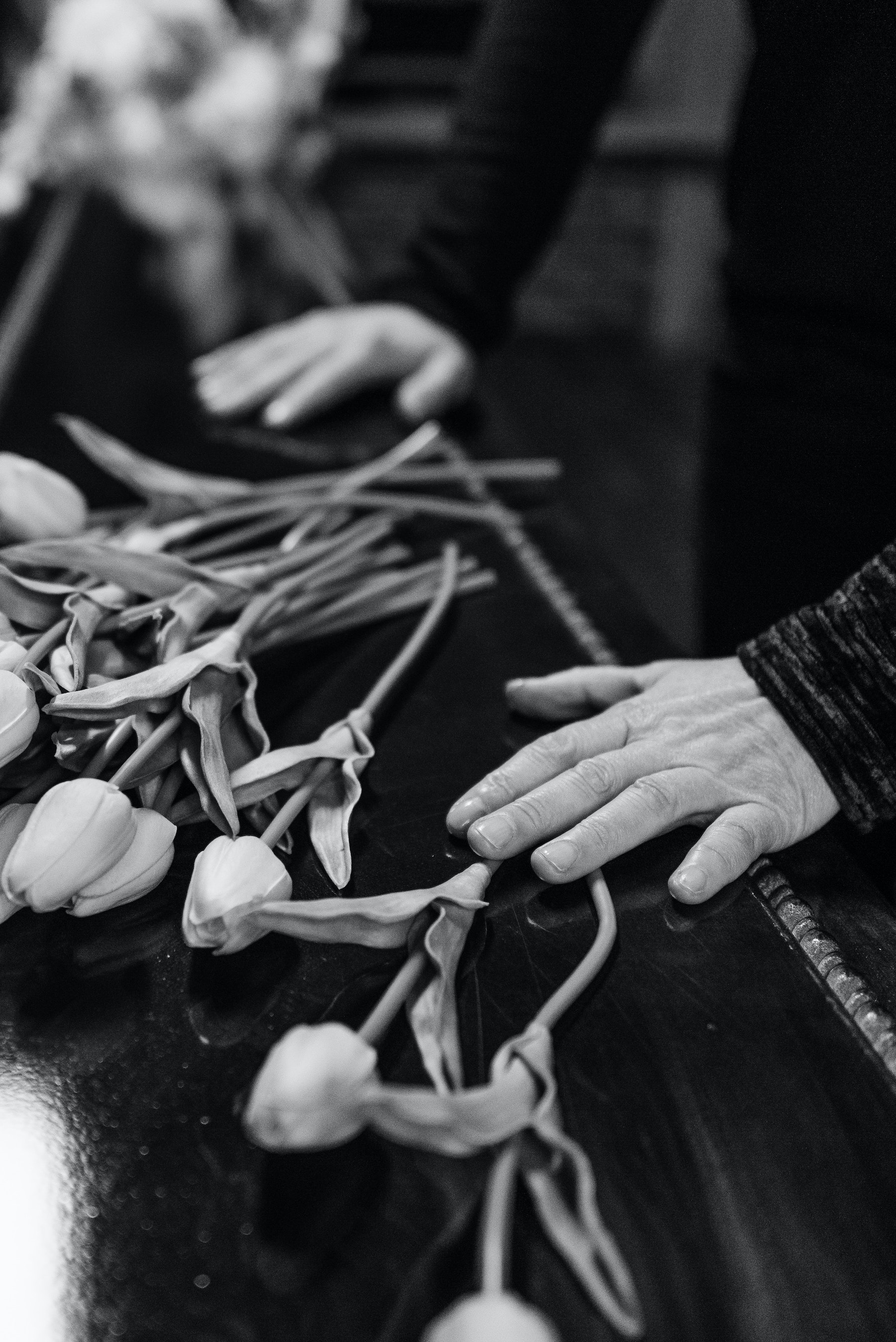
This beautiful and moving essay is written by a mother and addressed to the undertaker who handled the funeral arrangements for her 11-year-old daughter. The essay describes the loving care the funeral director took when handling her precious child and how much it helped her to have someone to guide her through such an unimaginable loss. The writer then goes on to express her gratitude for all funeral professionals, for “choosing the hard road” despite the fact that they are rarely acknowledged by society.
“How many people have you cared for, comforted, held up and yet they look away awkwardly when you pass them in the grocery store or at the gas station – not because of anything more than they’re just trying desperately to figure out their new normal and they’re afraid they’re going to lose it so they pretend not to see you because that’s the only way they know how to deal? How many times have you been avoided simply because of the job you do?” Read More
2. The Heaviness of Funeral Service by Alyssa Fullerton

This honest and unflinching essay written by a young funeral director offers an authentic perspective on the most difficult days in a mortician’s career. Funeral directors don’t have a lot of outlets where they can open up about the upsetting and sometimes-traumatic nature of their work. Those outside of the profession have a very limited understanding of the mental health challenges deathcare workers must live with every day. This essay is a powerful reminder of just how strong a person must be in order to work as a funeral director.
“Be a funeral director they said
You’ll help people they said
You’ll make a difference they said
People will respect you they said
It’s an honor and privilege they saidThey weren’t wrong, but what they didn’t say was the heaviness and weight of death that you will carry will somedays consume you, some days burden you and some days make you wonder why did you ever willingly choose THIS.” Read More
3. Ten Reasons I’m a Funeral Director by Caleb Wilde
10 years ago, ASD sought to establish a blog and social media presence that would allow our company to engage with the funeral profession online. One of the first things we set out to do was connect with thought leaders within the deathcare community. We were surprised to discover there was only one voice out there sharing content online about the rewards and challenges of being a funeral director. Pennsylvania Funeral Director (and now best-selling author) Caleb Wilde was the first person in our profession who opened that door and let others into his world to see what it really is like to work as a funeral director.
Caleb’s honest writing and authentic perspectives resonated with so many undertakers and those that aspired to work in deathcare. Today, there are many out there using platforms such as TikTok, YouTube or podcasts to shed light on important funeral-related topics. Caleb truly laid the groundwork, and we strongly believe his compelling writing has led to a positive change in how the funeral service community is perceived by our society. Take for instance his essay, Ten Reasons I’m a Funeral Director. It was written nearly a decade ago and still receives comments from people who stumble upon it and share how much it opened their eyes to the important work of deathcare professionals. We encourage you to explore the ideas expressed on his blog, which are just as impactful today as when they were first written. You can also find Caleb’s bestselling book, Confessions of a Funeral Director: How the Business of Death Saved My Life on Amazon.
“There’s so much BS in the world. We pursue bigger cars, bigger houses and bigger salaries that we become so materialized we can barely stand honesty, vulnerability and spirituality.That all changes around death. Suddenly, you wish that the time you spent pursing that raise had been spent with your dad. Suddenly, you find some honesty about your life, some perspective and maybe even some spirituality. I hate BS. I love honesty. I love spirituality. And I love watching as death helps us become human.” Read More
4. Funeral Service in the Time of COVID-19 by Alexandra K Mosca
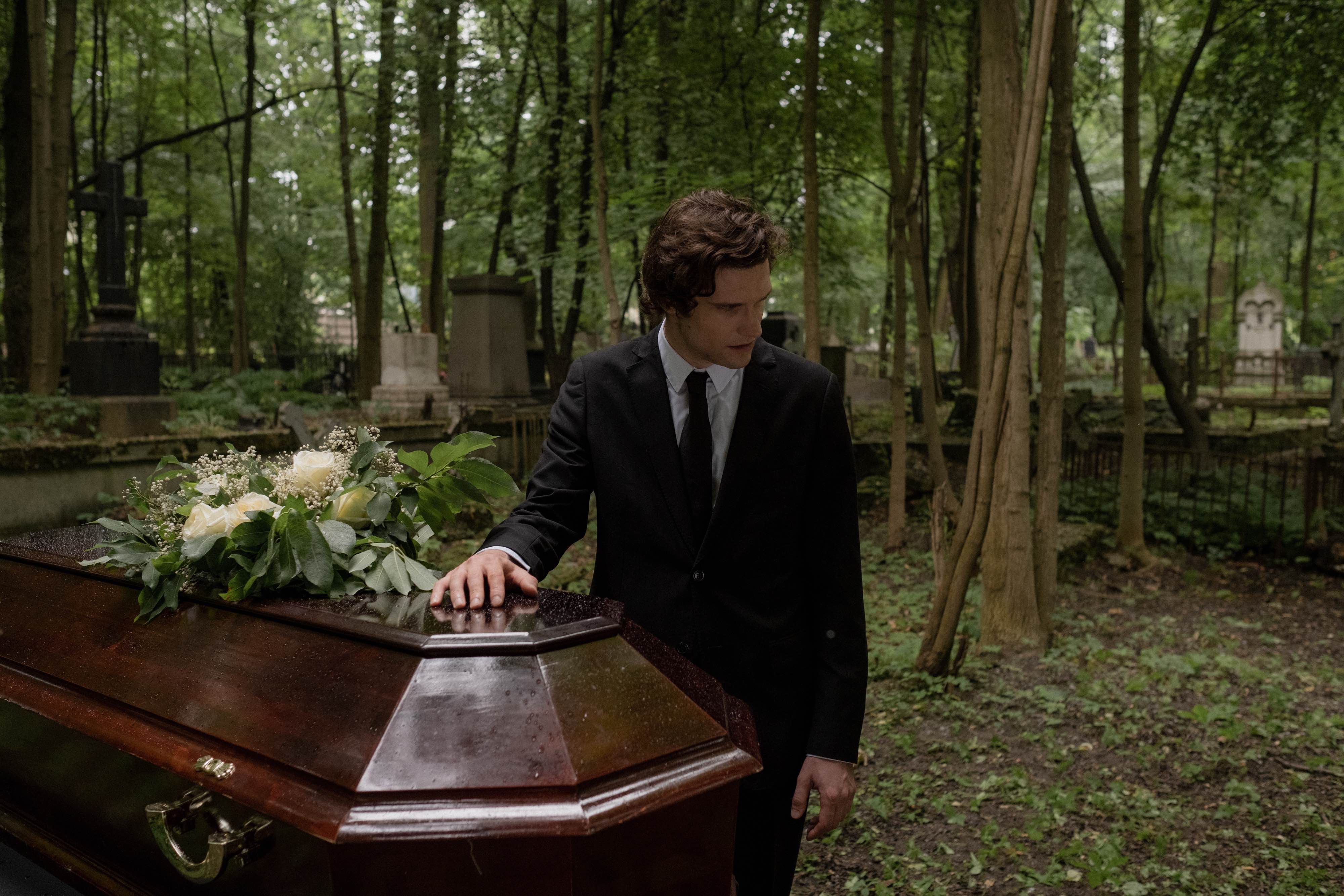
When it comes to recognizing the value of funeral services, you can find no one who is more of a vocal advocate than Alexandra K Mosca. As a funeral director who is also a gifted writer, Alexandra is deeply passionate about using her prose to shed light on why funerals matter. She is a staunch defender of time-honored funeral traditions and rituals, using her platform, The Mort Girls, to champion the work of deathcare professionals.
The coronavirus pandemic has put the value of funeral services into sharp focus as many grieving families have struggled these past two years to honor their loved one’s funeral wishes. In this eye-opening essay, Alexandra describes the anguish she and other funeral directors experienced when they were unable to able to lay the dead to rest with the proper level of respect and dignity. It is a difficult read as it describes some truly upsetting and heartbreaking moments that occurred in New York in spring 2020. However, reading her account of these events really puts into perspective how much bravery funeral directors needed to survive these past two years and why society owes them an enormous debt of gratitude.
“I felt responsible, as if I were the one letting them down. But my discomfort at being unable to serve people properly was a fleeting bad moment in three draining months that have taken their toll on people like me who make their living as funeral directors. The deaths keep coming. And we keep doing our jobs. Unlike our fellow citizens, who can look away and find escape in not confronting the reality, we cannot.”
Read More
5. You Will Never Regret Going to the Funeral by Kerry Weber

The most recent essay on our list, this beautiful and profound piece of writing is actually what inspired us to create this blog post. The author shares her own perspective, shaped by an Irish Catholic upbringing, to explain why she believes it is important to show up for others by attending funeral services. She makes a very convincing case for the value and necessity of these traditions. It is especially moving to read her words about being in the present moment while grieving rather than trying to push past it.
“At the grave we are urged to be present. The rite says to us: It is O.K. to stop for a moment, to feel everything, to not be distracted or be productive,” she writes.
Funeral directors understand that most of the people who walk through their doors would much rather be anyone else in the world. Yet, they see firsthand every day the catharsis and emotional release funeral rituals offer to those who attend these events.
“No one wants to be at a funeral. It means that a loss has occurred, hearts broken. But there are few other instances in which doing something we dread so deeply can mean so much. Yet it is easy to feel pressure to find the perfect, appropriate words of comfort or to feel responsible for relieving the pain…Sometimes all you need to do is to sit still with your mouth shut and your heart open.”
Read More
6. Why A Grieving Mother Chose to Become a Funeral Director by Celie Deagle

This engaging essay combines a compelling, modern-day story with fascinating information about the history of the funeral profession. It opens with a gripping description of a funeral director preparing to meet with a family who are coming to identify a body. The essay then shifts to a retelling of the origins of the deathcare profession, from the impact of President Lincoln’s embalming to the resurgence of female undertakers joining the profession. Though most of this information is well-known by morticians, the writer’s gift with words make these familiar chapters in funeral history come to life.
When the essay shifts back to telling the story of Nova Scotian Funeral Director, Patricia De Freitas, it is clear this is not just any other article. It is a richly drawn and captivating character study of a woman whose life has been shaped by grief. The essay describes how Patricia’s own experiences with loss drove her to become the light in the darkness for others. Her story is deeply affecting and will resonate with many death care professionals. The essay also sheds light on an important but often-overlooked truth: funeral directors lose loved ones too and must often provide comfort to others while dealing with their own pain.
“In the moments of raw human grief that pepper her days, De Freitas opens space to connect with those who are experiencing what she herself has endured. It is in those moments, those connections, that De Freitas finds joy in the work she does and the reminder that love never ends with death.” Read More
7. Never Skip the Funeral by Shannon Leigh
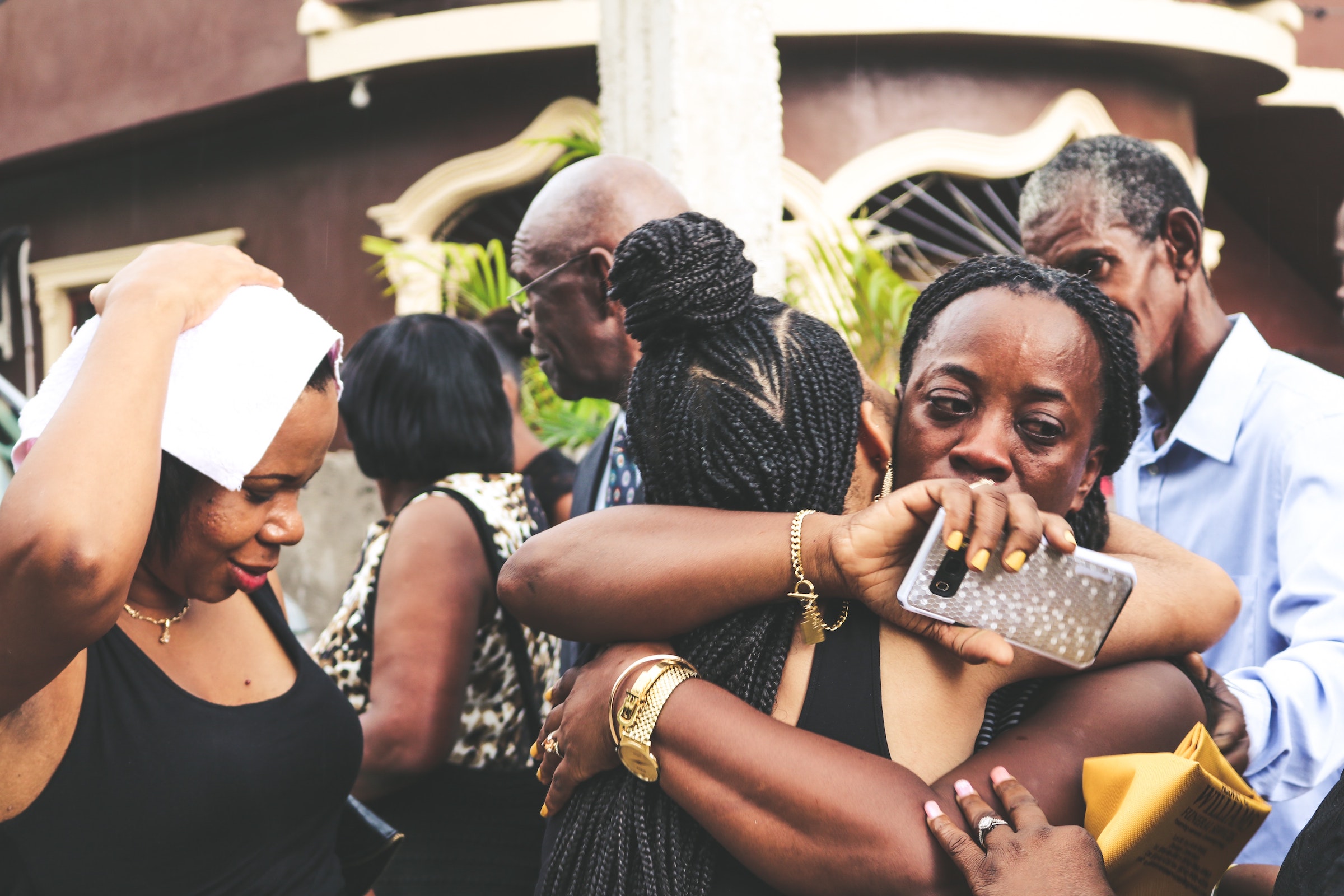
A powerful and persuasive opinion piece that will linger in your mind long after you have read it, this essay does not pull any punches. The author does not hide her distain for those that avoid attending funerals. Her post directly addresses the reader as a person on the fence about attending a funeral service, making her case for why it’s important to show up for others who are grieving and to not skip out on the difficult parts of life.
“Losing a loved one is a painful, isolating experience. But having people show up for you when you’re grieving acts as a salve to that loss. While you can never bring back the dead, you can certainly honor the living, and that means showing your friends and family that they’re loved.
You may not know the right words to say, but that’s beside the point. It’s about witnessing their grief, listening to them talk about it, and simply being present in their pain.
It’s hard as hell, but what’s even worse is not going – not being there when it matters, not showing up despite your discomfort. And just to put things into perspective, the person you’re going there to support hands down feels worse about being there than you do.” Read More
8. Comprehending Those We Serve by Matthew Morian
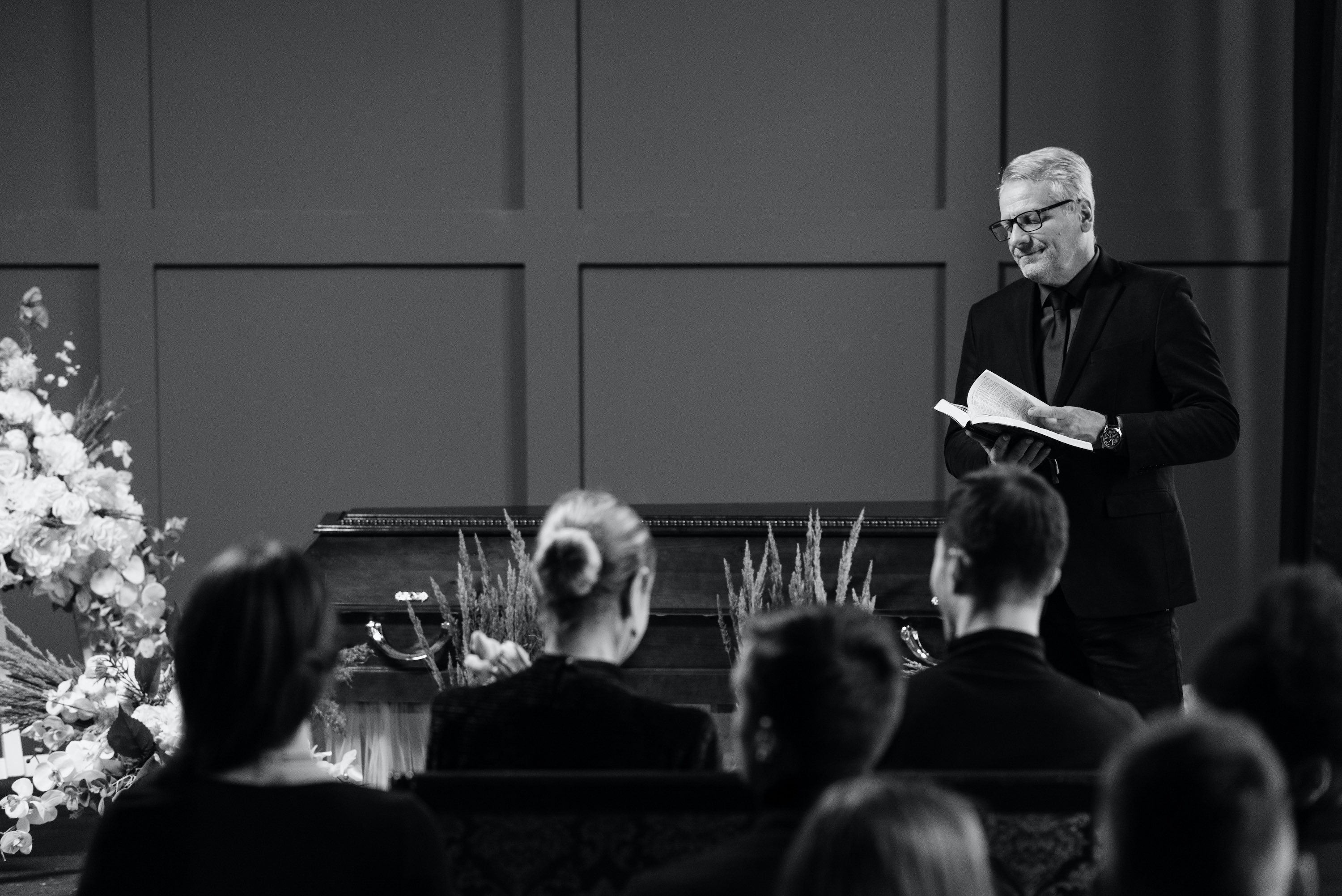
This thoughtful and reflective essay was written by Texan Funeral Director, Matthew Morian. The piece was written for the blog, The Millennial Director, which was created by Matthew and fellow funeral director, Zach Carnley, to share millennial viewpoints on the funeral profession. In this post, Matthew explains some of the important lessons funeral directors can learn from listening and observing the families they serve. He discusses some of the distrust and misplaced resentment that has been lobbed at deathcare professionals over the years, then explains why funeral directors should not let this deter them from trying to connect on a deeper level with families they are serving.
“Our calling appears to have an uphill climb in earning society’s trust. However, if you can digest all the negative, hurtful, and misunderstood moments from your experiences in this field and channel them into positive progress, you will exceed your families’ highest expectations.” Read More
9. ‘I spend my days handling dead people. This is what it’s taught me about living’ by Emma Jane Holmes
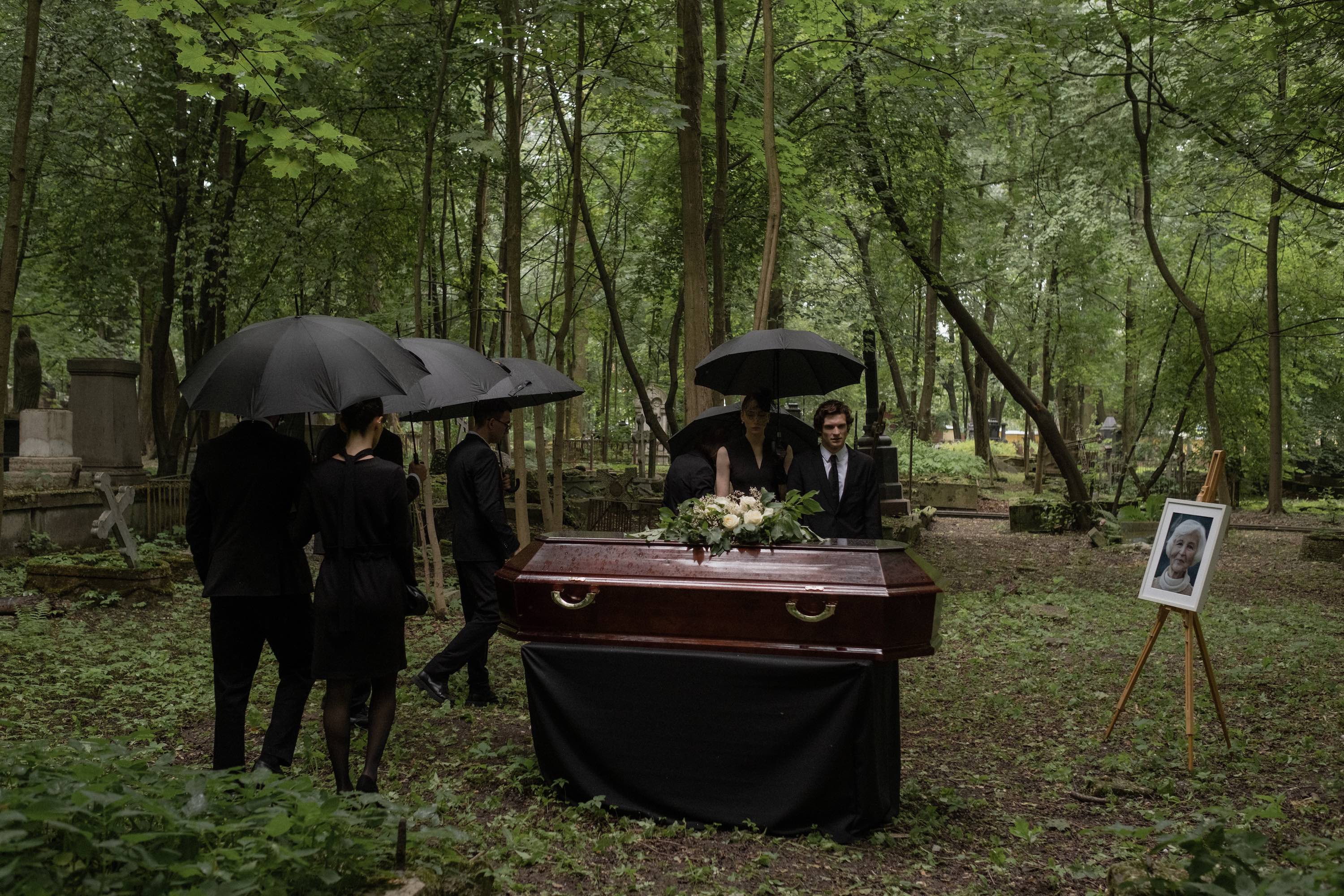
Australian Funeral Director, Emma Jane Holmes, allows readers to experience life through her eyes in this superbly written narrative. Emma’s gift for storytelling paints a vivid picture of what it feels like to walk in the shoes of a funeral director. While the immense stress and exhaustion she has experienced while working on-call is certainly apparent, what resonates even more is her gratitude for the valuable lessons she has learned from her chosen vocation.
“In this busy, noisy world, I’m blessed to be reminded every single day that life is temporary, and the phone bill really doesn’t matter. (Well, it kinda does, but not worth stressing too much over.) There’s nothing quite like staring into an open grave to make you want to call your grandma and tell her, ‘I Love You.’” Read More
10. Do Not Forget the Last Responders by Melanie B. Scheid
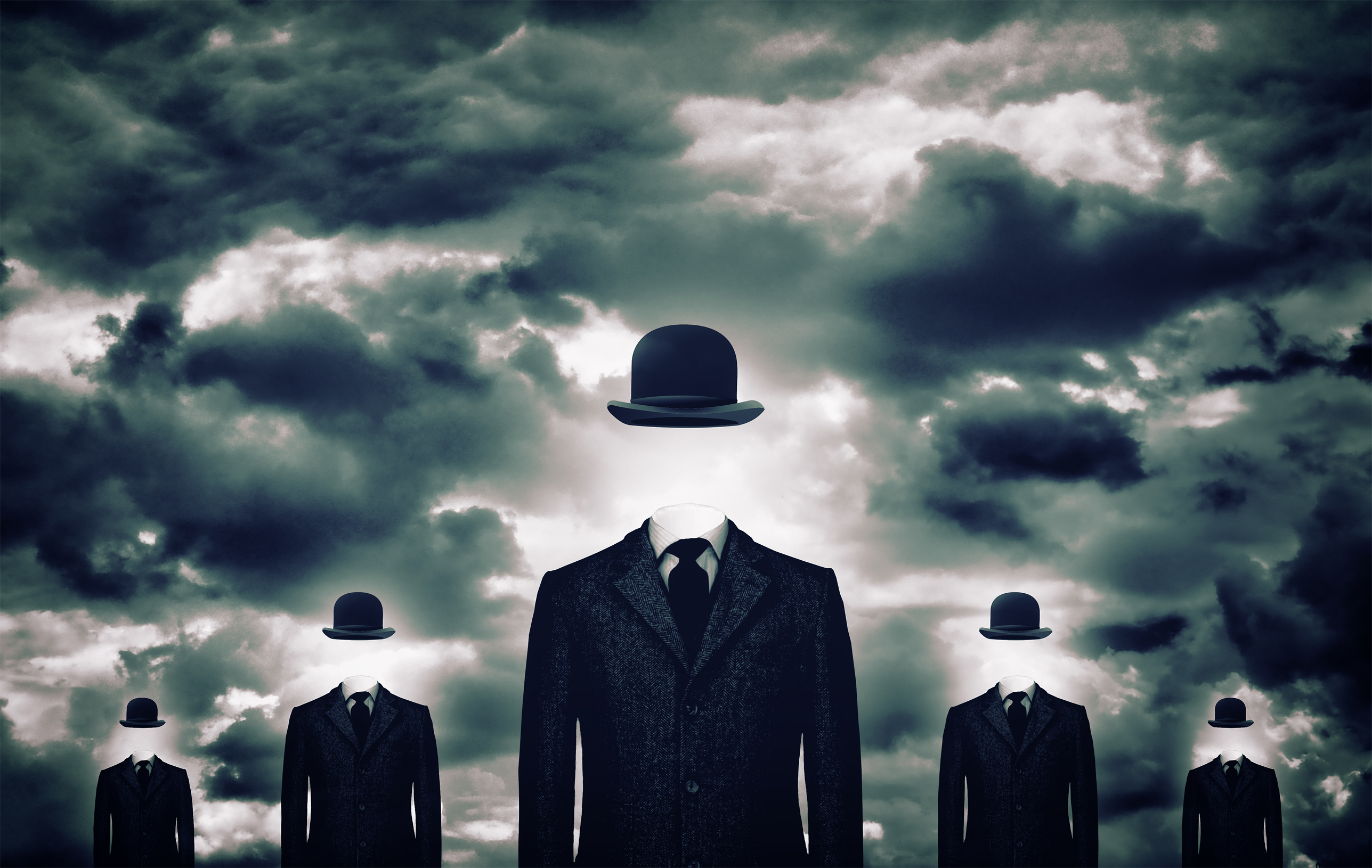
Throughout the COVID-19 pandemic, the tireless efforts of funeral professionals were often overshadowed or ignored entirely by both our media and government. All of this occurred during a time when it was never more apparent just how essential and critical deathcare workers are to maintaining order during a mass casualty event. While billboards and yard signs helped many essential workers to feel appreciated, funeral directors were more often than not, left out. They were constantly reminded how invisible they were to others.
In this reflective essay, Funeral Director, Melanie B. Scheid, describes some of the burdens that funeral directors have been carrying through the pandemic. She expresses her sadness over funeral professionals being largely overlooked, despite being “an integral part of the healing process” and uses the power of language to paint a striking picture of all the different ways funeral directors have been impacted by this crisis.
“We get those victims who do not recover from the virus. We comfort and console grief-stricken families who could not see or talk to their loved ones before they died, not even to say, “I love you.” We face a never-ending stream of new families shedding the same tears over the same story for the same reason. There are no happy endings. Not one. Only tears and broken hearts…Last responders have emotions like everyone else. Seeing and consoling families who are grieving the loss of a loved one to this invisible virus places monumental strain on everyone’s emotions.” Read More
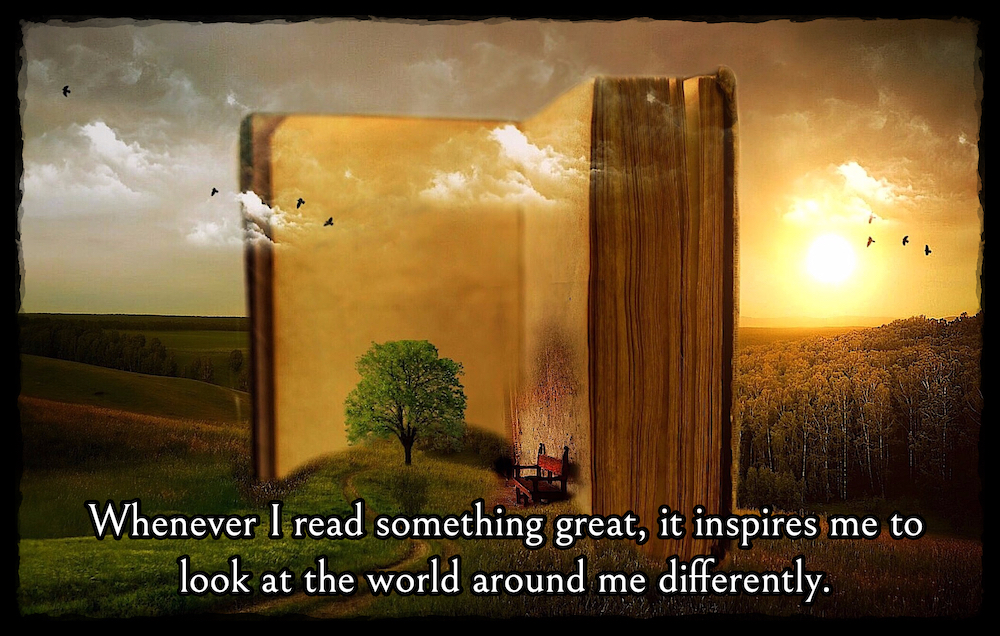
Which piece of writing on our list resonated the most with you? Are there any good funeral-related essays we missed? Please share with us in the comments below.
Related Reading
7 Must-Watch Videos Featuring Funeral Directors
8 Funeral Directors Who Have Helped Shed Light on the Tragic Toll of the Pandemic
5 Funeral Director Misrepresentations That Need to Die Off
About The Author
Jess Farren (Fowler)
Jess Farren (Fowler) is a Public Relations Specialist and Staff Writer who has been a part of the ASD team since 2003. Jess manages ASD’s company blog and has been published in several funeral trade magazines. She has written articles on a variety of subjects including communication, business planning, technology, marketing and funeral trends. You can contact Jess directly at Jess@myASD.com
